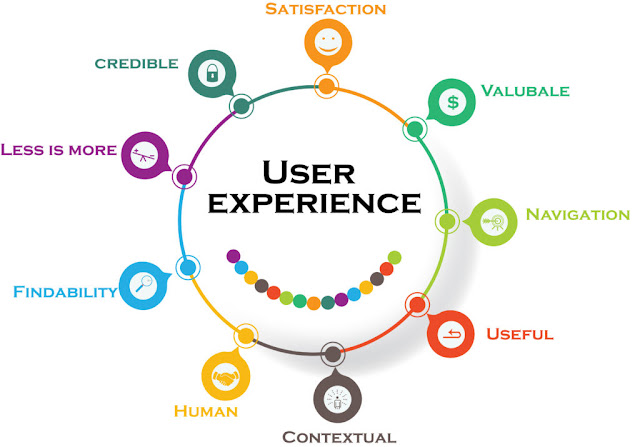NATIVE VS HYBRID - THE FIGHT CONTINUES IN THE DEVELOPMENT OF MOBILE APPLICATIONS
Taking into account the increase in the number of downloads by
almost 11% compared to last year, it is obvious that in 2019 companies must put
an additional emphasis on mobility and maintain the pace of innovation of
mobile applications to meet the evolving requirements of customers. A big
problem is in deciding the type of application that companies should develop.
Native fight vs. The hybrid mobile app continues, so we compared the opinions of experts
on this issue.
1. The advantages of native mobile applications
Is it better to build a native application or take the hybrid path
instead for your business? The debate over which is the best approach to mobile
development has been going on for some time and according to iOS engineer
Marwan Alani, "native apps will continue to dominate over hybrid apps in
2019, regardless of the growth of hybrid technologies."
Alani goes on to say that native dominance can also be credited
for the abundance of native features, quickly added by both Apple and Google to
their mobile operating systems, and the fact that hybrid application systems -
having a relatively low technical input point - they are becoming more and more
difficult to maintain. "
According to him, the development of hybrid applications faces
problems that arise from both native and hybrid systems, which makes finding
and fixing errors more difficult. Another disadvantage mentioned would be that
hybrid applications often sacrifice the user experience because the products
cannot be customized for certain platforms. On the other hand, native mobile
applications are developed and optimized for a specific platform and are
compiled using the platform's base language and application performance
interface (API). As a result , native applications are fast, responsive and demonstrate
exceptional performance among many other benefits.
2. The advantages of hybrid mobile applications
However, experts also note some clear advantages of developing
hybrid applications such as:
Unified Development - This is one of the main advantages of hybrid
applications over any other application, as this allows the developer to build
only one application that will run on different platforms. Thus, it saves the
time and the amount of money of any company.
Fastest development speed - Hybrid applications can be developed
quickly and this application does not require detailed maintenance like native
applications, therefore, this application is much more flexible than other
applications.
Efficient scaling - hybrid applications allow the user to reuse
the codes without making any changes to the program.
Therefore, it should be noted that developing or designing a
hybrid application is usually cheaper than building a native application
because developing a hybrid application requires a combination of only three
things - HTML, CSS and JavaScript.
Conclusions
After comparing native mobile applications with hybrid mobile
applications, it can be said that native applications are those applications
that run only on a certain platform or device, such as Android, BlackBerry,
BlueBerry, iOS, etc.
Hybrid applications are those applications that run on multiple
platforms or devices. Cordova, for example, allows us to directly access hybrid
applications.
It should also be borne in mind that, although this type of
comparison happens, both hybrid applications and the native application must
follow the same rules to be published in Google Play or in the Apple App Store.
For more details, click here.



Comments
Post a Comment